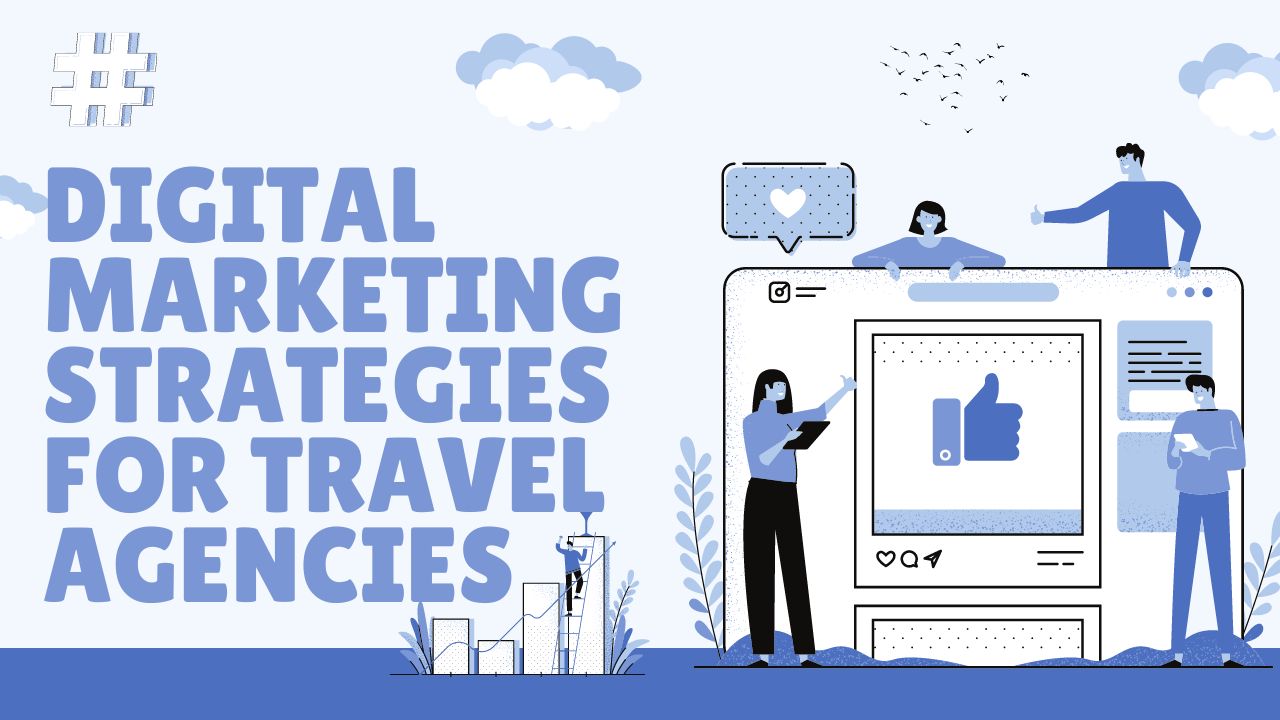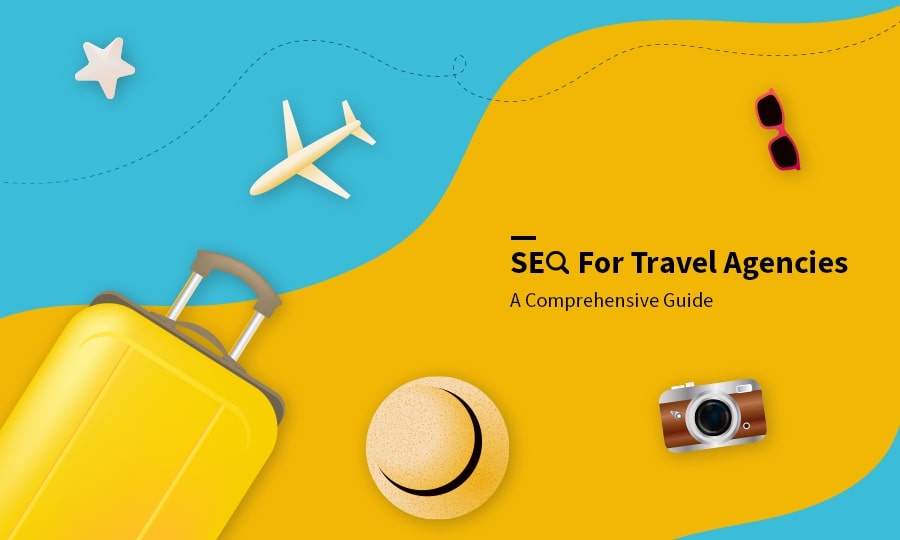
Digital Marketing Strategies for Travel Agencies
Digital marketing is online services that facilitate the marketing of services as well as engaging with the customer. The company should ensure digital marketing gives an opportunity for exposure to potential travelers, improves customer experience, and increases bookings. Knowledge base has noted parts of effective digital marketing, best practices, and emerging trends that travel companies can use to know more about best digital Marketing strategies for travel agencies.
Key Elements of Digital Marketing
1. SEO - Search Engine Optimization
SEO is going to be the smart way to make your website appear when your customers conduct their search in the search engines to get their traveling information. The main things of SEO are:
Keyword Research: Find relevant keywords in which your target audience is looking. There are tools like Google Keyword Planner or SEMrush that can help in identifying those keywords. All of these would be optimized with the targeted keywords for SEO as well as the on-page elements.
Technical SEO: Responsive, loads quite fast, and has an HTTPs connection. Content Creation: Produce and curate interesting articles that would be useful to your audience such as travel guides, tips, and highlights on your destinations.
2. Content Marketing
For travel companies, examples of content marketing are creating and distributing valuable, relevant, and consistent content to attract and retain a clearly defined audience.
Blogging: Keep creating informative yet entertaining travel destinations, tips, and experience-related blogs so the engagement is maximized along with improving search engine optimization.
Visual Content: Make a video guide or a visual story, describing your destinations, tips, and opinions from customers.
Social Media Posts: posting on blogs such as Instagram, Facebook, and Pinterest will engage your audience and reach out to them.
3. Social Media Marketing
Social media is very good to use in enhancing the brand presence and reaching the audience. Key strategies include:
Choose Your Channel: Choose the social media where your target audience uses the most and put more spotlight on that.
Continue Posting: Add comments, messages, and shares with followers, building one community associated with your brand.
User Generated Content: Encourage customers to share some of their travel experiences using your services and show them on your pages.
4. Pay Per Click(PPC) Advertising
PPC ads are allowing companies that travel to purchase ad space on search engines and social networking sites. Companies only have to pay them when someone clicks on their ad. Considerations include:
Targeting Options: Applying demographic, geographic, and behavioral targeting to target customers most likely to book your services.
Ad Copy and Design- At this juncture, you will have to present catchy ad copy and attractive visuals that would highlight your offerings and drive the users to click through.
Landing Pages: Your ads should go to conversion-optimize landing pages with clear information and calls-to-action.
5. Email Marketing
The most inexpensive strategy for direct contact with customers is email marketing. Other best practices listed include:
Segmentation: that is, the process of segmenting your email list into subgroups of customers based on their behavioral patterns, preferences, and demographics for more personalized content.
Automation: Using the best tool to automate all types of email marketing campaigns, for instance, sending welcome emails, booking confirmation as well as follow-up emails.
Valuable content: Send to the subscribers those emails that include your valuable content, offers, and travel tips. Keep updating the subscribers regarding traveling.
Also Read:- Types of CRM in Travel Industry
Best Practices in Digital Marketing for the Travel Industry
Understand your target market: research on what your audience likes, hates, and loves to do while traveling.
Monitor Analytics: Analytics is used to analyze the data in Google Analytics to monitor website traffic and behavior of users for campaigns that determine informed decisions to accurately optimize the strategy.
Keep Track: of the changing speed of the travel industry and the digital marketing trend. This will make your strategies more contemporary and apt in the present situation.
Emerging Trends in Digital Marketing for Travel Companies
This would involve encouragement and testimonials because when you collect feedback from customers, as well as good reviews of your business on your website and on social media, then you would have created trust with other customers.
These extend to the influencer in travel, with whom one would collaborate, reaching new audiences and establishing brand credibility.
The use of VR and AR can give customers a virtual experience of their travel destination, making them better informed.
Personalization is the most important element for capturing customer response and conversion, based on gathering information that enables a company to create specific marketing experiences for targeted customers.
Conclusion:
Successful digital marketing enables travel companies to perform well, especially in a competitive environment. Therefore, travel companies should understand what digital marketing entails, operate according to best practices, and be updated on emerging trends, all to establish and leverage their online presence, engage better with customers, and thereby actually stimulate bookings. This guidebook for digital marketing strategies for travel agencies will help position them to optimize the right approach for digital marketing.
Also Read:- Marketing Strategy in Tourism Industry
Explore effective Digital Marketing Strategies for Travel Agencies to attract more clients and boost your online presence. Start optimizing today!

 Start your Travel Business with Our 7 Day Free Trial Website!
Start your Travel Business with Our 7 Day Free Trial Website!





